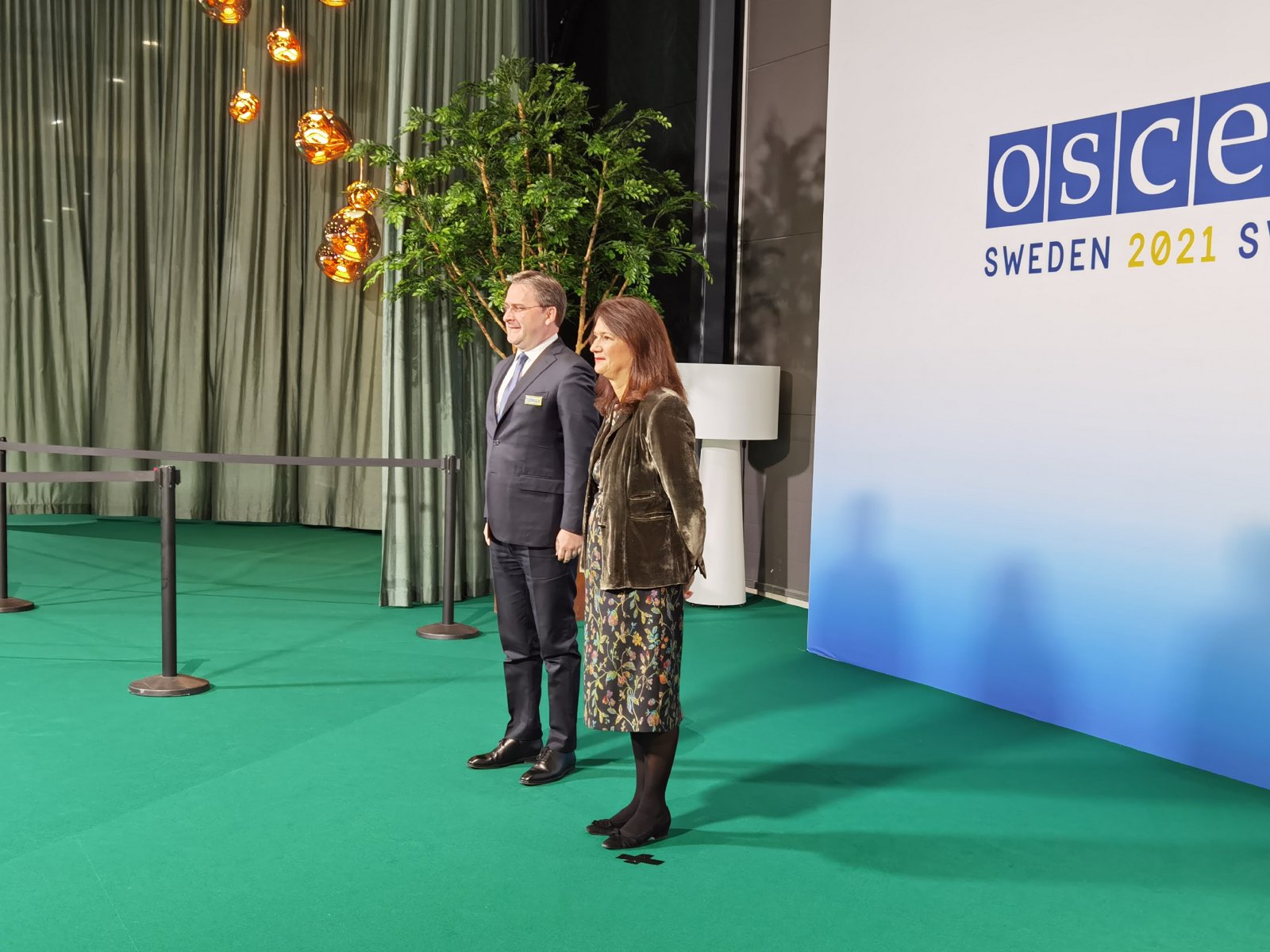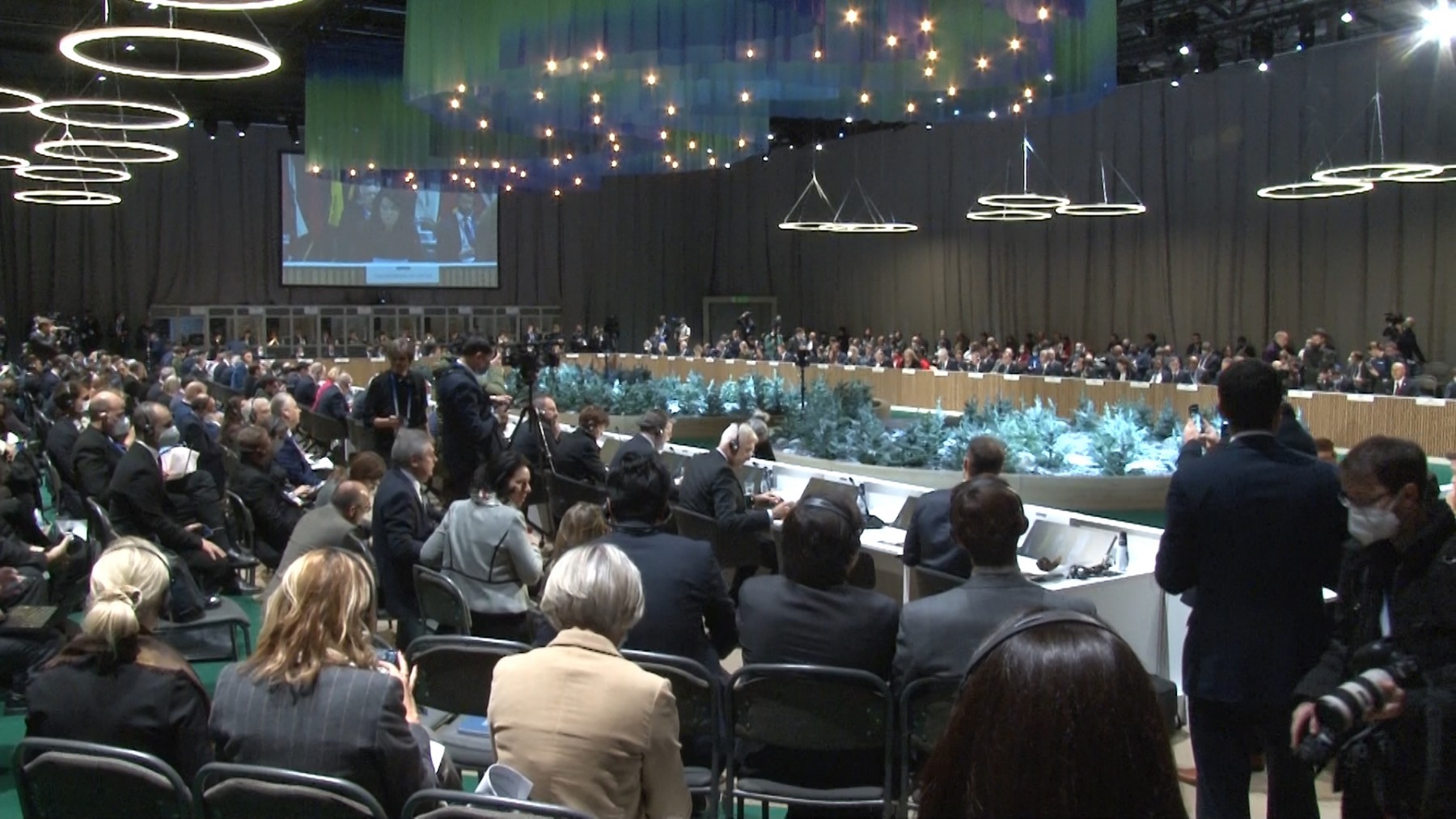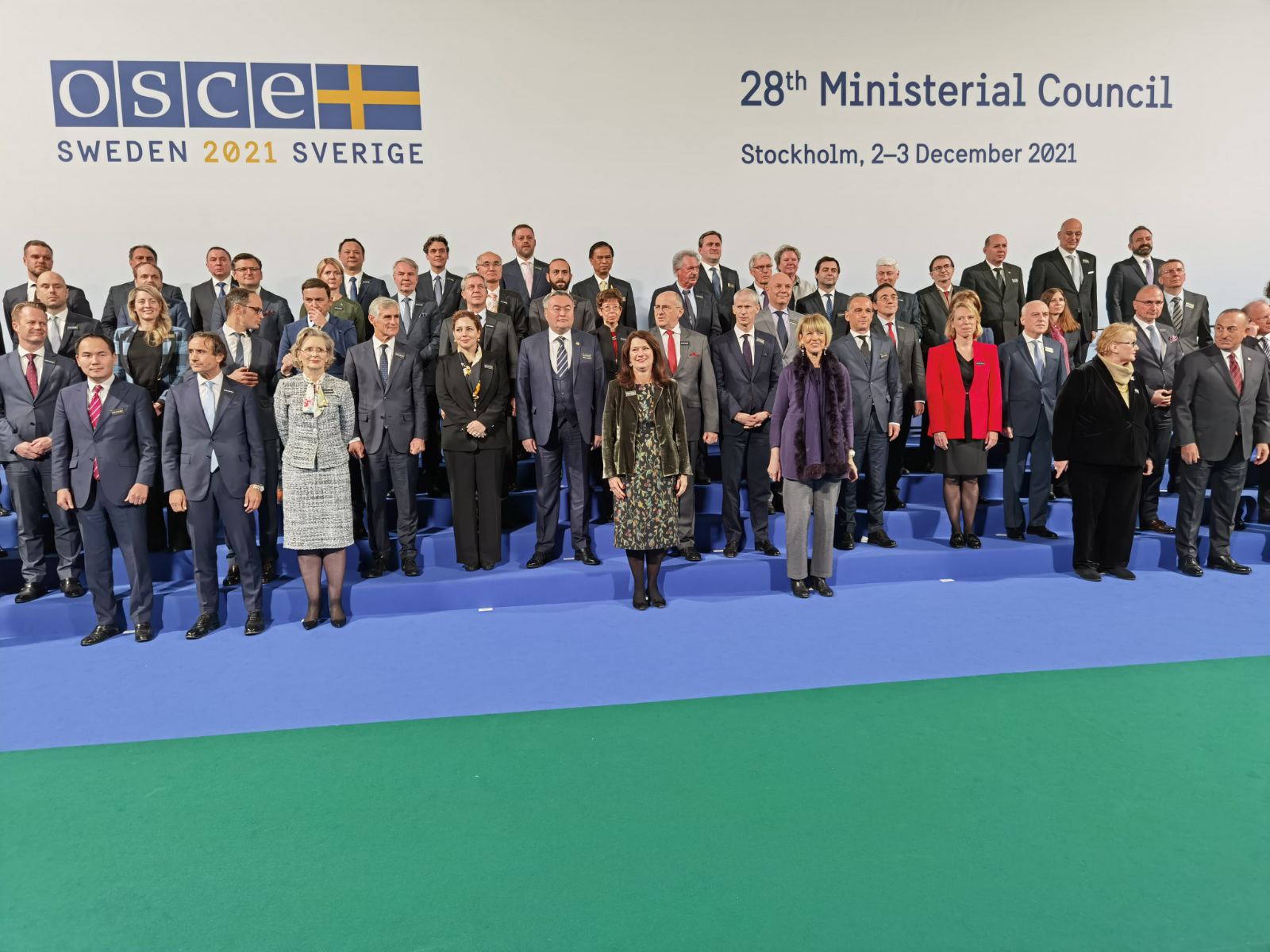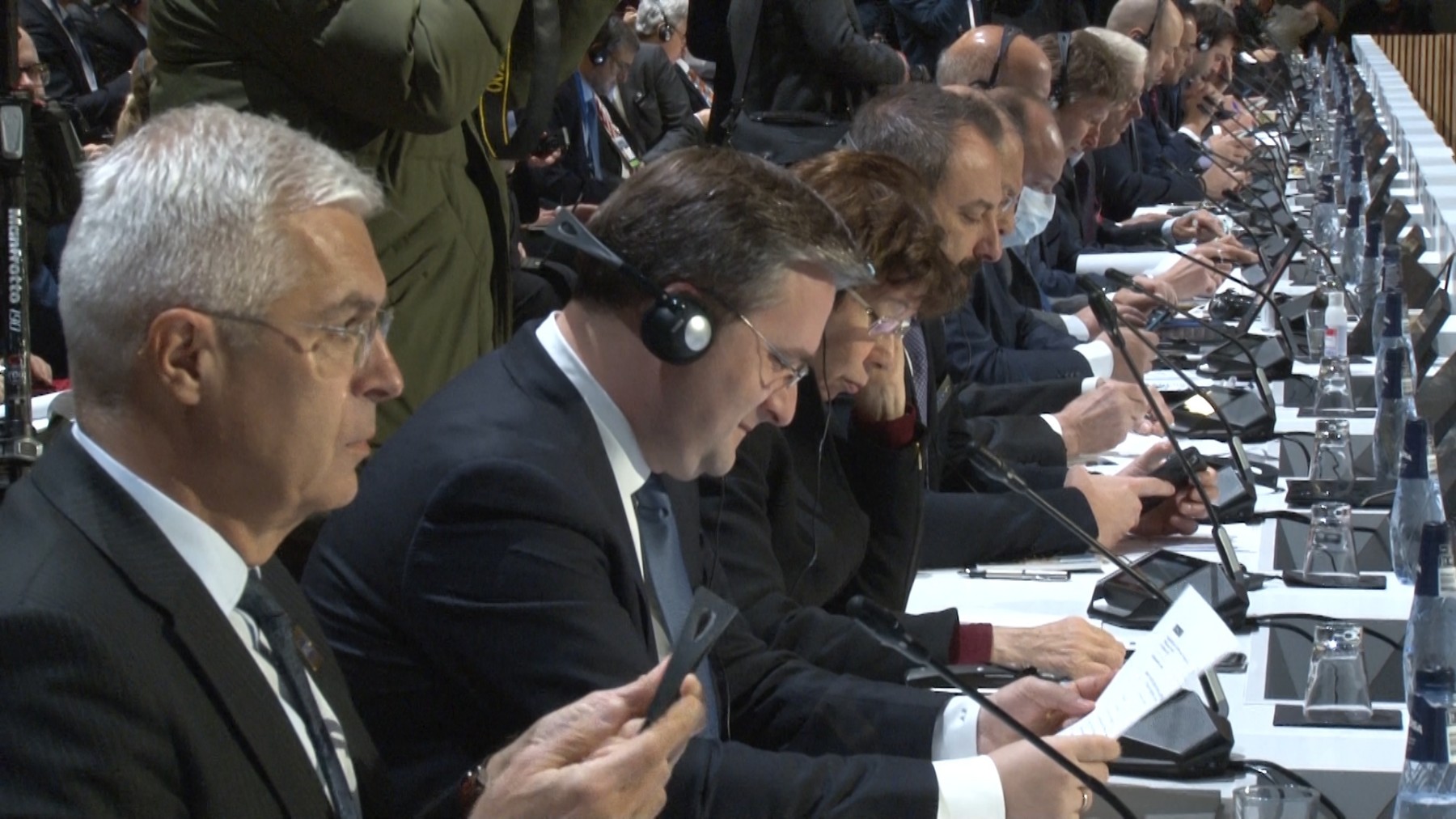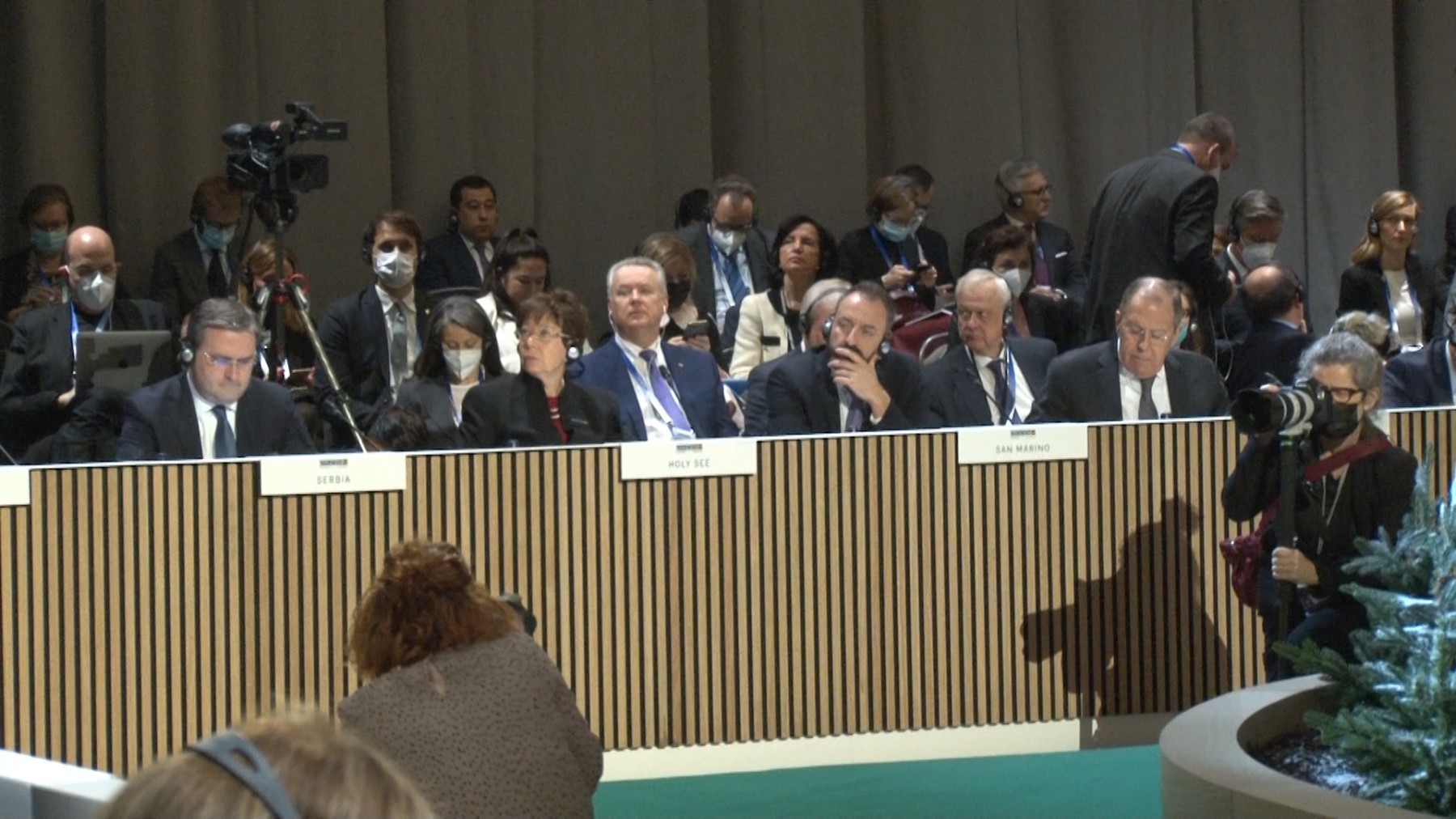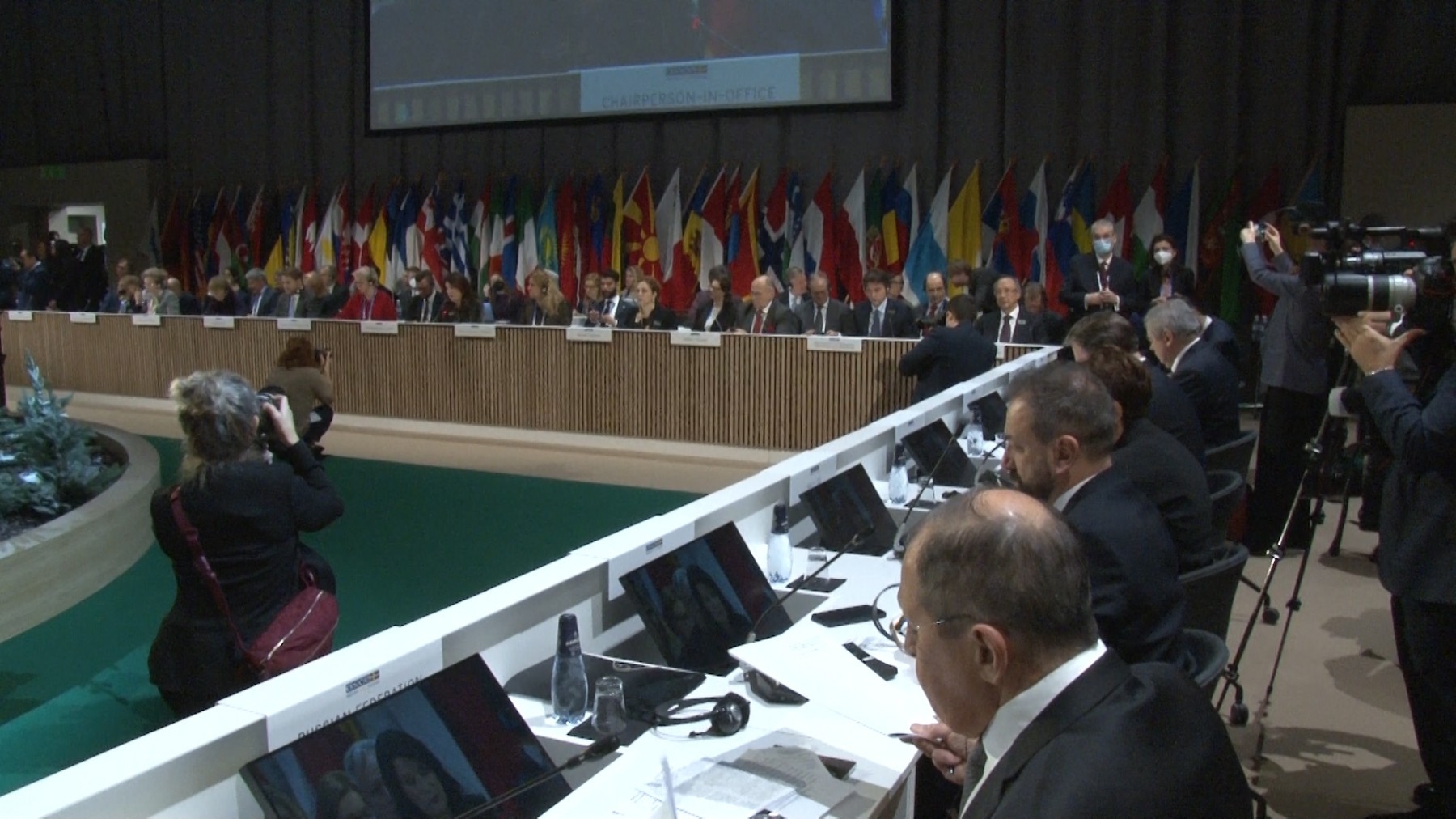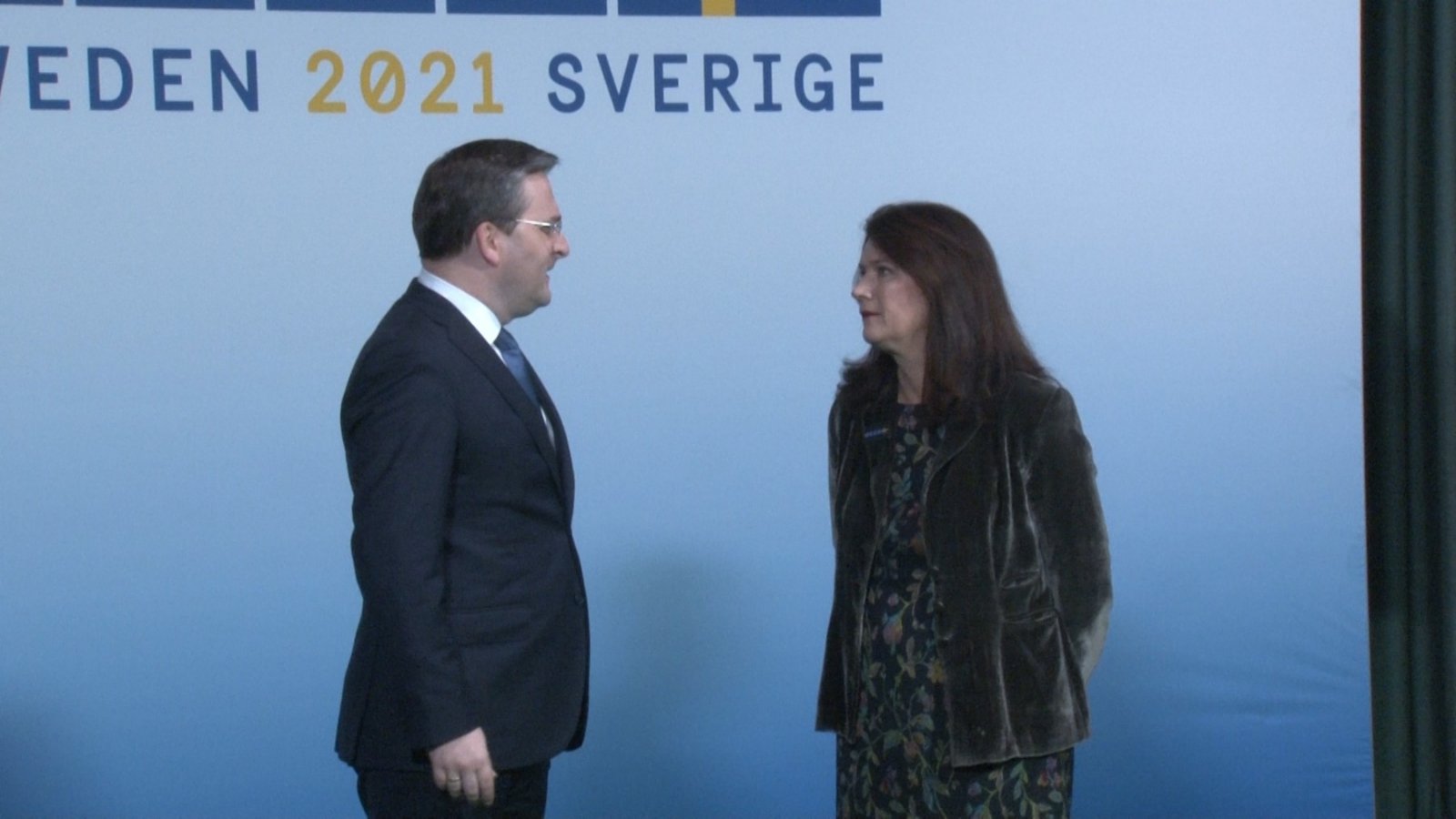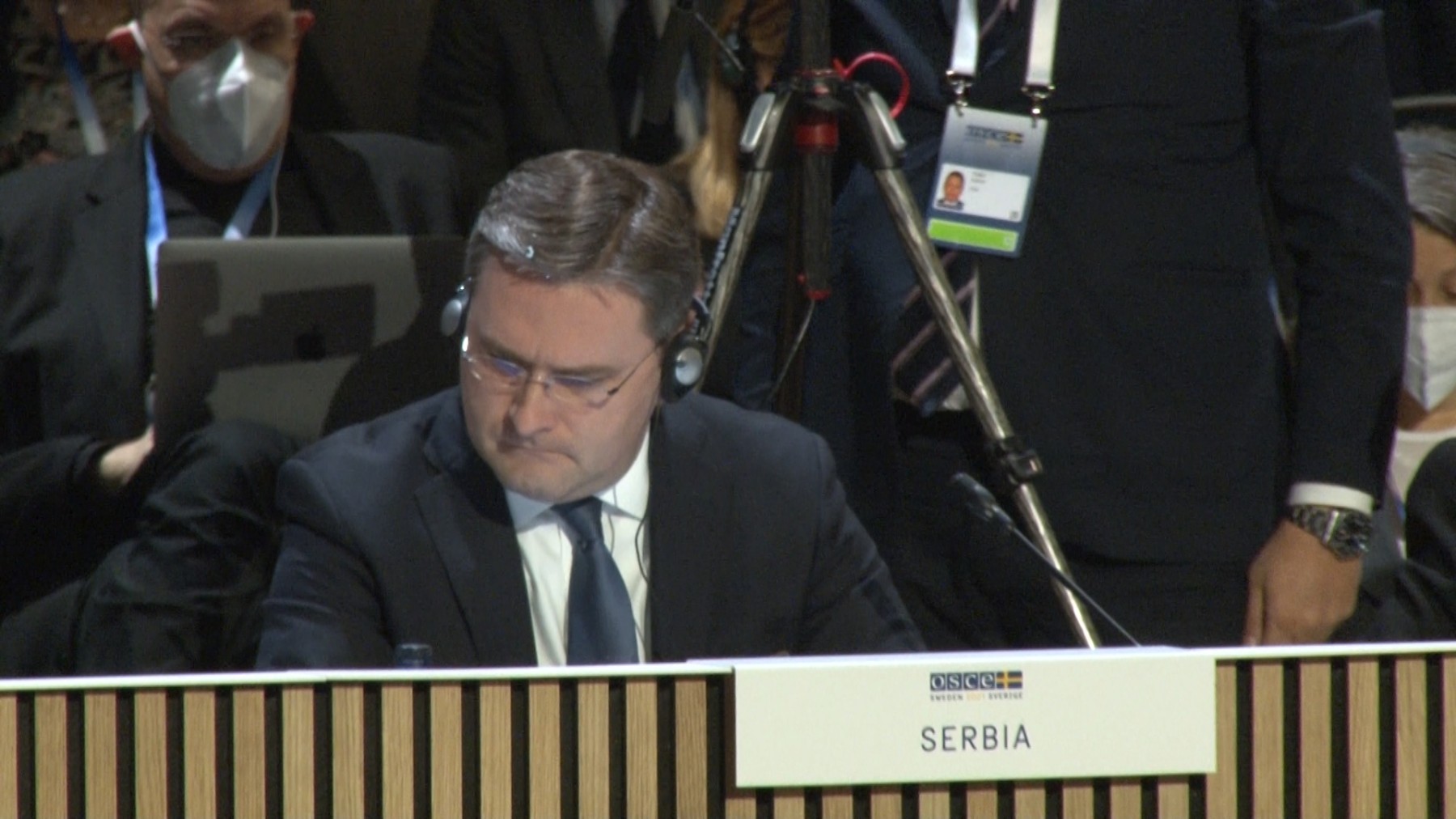Selakovic: We need to rely on multilateralism and the principles of the Helsinki Final Act
The Serbian Foreign Minister stated that we needed to be ready for compromise in the process of eliminating or at least reducing security risks and that, in these efforts, multilateralism should be our most important instrument.
“With the outbreak of new and exacerbation of existing conflicts, as well as the constant emergence of additional challenges, the situation is becoming increasingly complicated. Despite our efforts over the years, further widening of the gap, lack of political will and of openness to engage in constructive and substantive dialogue have contributed to undermining the foundations on which this organization was built”, Selakovic said.
Recalling that the fiftieth anniversary of the adoption of the Helsinki Final Act was approaching, Selakovic emphasized that it should be borne in mind that this document, during the “Cold War”, set out ten fundamental principles for regulating relations between states and thus made the world a better and safer place.
“I am convinced that we should show greater responsibility for the future of the organization, political will and readiness for dialogue and compromises, while adhering to the principles and commitments arising from this important document, as well as those undertaken by participating in the work of the OSCE”, Selakovic said.
He noted that despite the challenges and accumulated problems facing the OSCE today, its solid foundations, developed mechanisms and flexibility clearly indicated that it remained an invaluable instrument of collective and comprehensive security.
He said that Serbia believed that the current initiatives and proposals regarding the future of the OSCE should be carefully considered and the best solutions adopted through dialogue and by consensus, which would contribute to strengthening the capacities and visibility of the organization.
Reflecting on the developments in Southeast Europe, Selakovic assessed that the OSCE still had a significant role to play there both in strengthening the democratic capacity and supporting further reforms in the region, and also in strengthening cooperation, and therefore the stability of this part of the European continent.
In the past two decades, he explained, Serbia made the most of the OSCE’s expert support in the process of comprehensive reforms of the society, while cooperating with the OSCE Mission in Kosovo and Metohija, which represented the most visible international status-neutral presence in the Province.
Minister Selakovic stressed that Serbia was committed to European integration and regional cooperation through concrete economic and infrastructure projects, because only through cooperation with neighbours with a readiness to respect the interests of all, can we reach sustainable solutions to the problems in the region.
“On the other hand, I would like to express my deep concern and regret over the security situation in Kosovo and Metohija this year, marked by an increasing number of ethnically motivated attacks and incidents targeting members of the Serb community, as well as institutional discrimination, attacks on religious sites of the Serbian Orthodox Church and undermining the economic sustainability of the Serb community in the Province”, Selakovic said.
The Head of Serbian diplomacy underlined that, despite the efforts that Belgrade made in the process of dialogue and the fact that it had fulfilled the obligations arising from the Brussels Agreement, the politicians from Pristina had shown no readiness so far to fulfill obligations of their own.
“Instead, they have been making unilateral moves, insisting on their agenda of the so-called statehood while refusing, for more than eight years, to implement the obligation to establish the Community of Serb Municipalities, which the Serb community in Kosovo and Metohija sees as a guarantee of its survival in the Province”, Selakovic warned.

